In the realm of programming, the advent of AI Code writers has brought forth a transformative wave of efficiency and productivity. By leveraging the capabilities of AI, developers can unlock a world of code generation, debugging, translation, and optimization, significantly alleviating the burden of manual coding.
This article presents a handpicked selection of seven groundbreaking AI tools that serve as indispensable coding companions, revolutionizing the way developers approach their craft.

Developments in AI excite people from all fields. If you are interested in any sound production, you can also check out how to use AI audio enhancers.
7 best AI Code writers
With AI tools at their disposal, developers can now tap into the incredible potential of code generation, debugging, translation, and optimization. These AI-powered tools alleviate the manual burden of coding and provide developers with invaluable assistance, improving efficiency and productivity. Below, you can see our list of the 7 best AI Code writers and check out which purpose each of them serves.
OpenAI’s ChatGPT: Versatility redefined in coding assistance
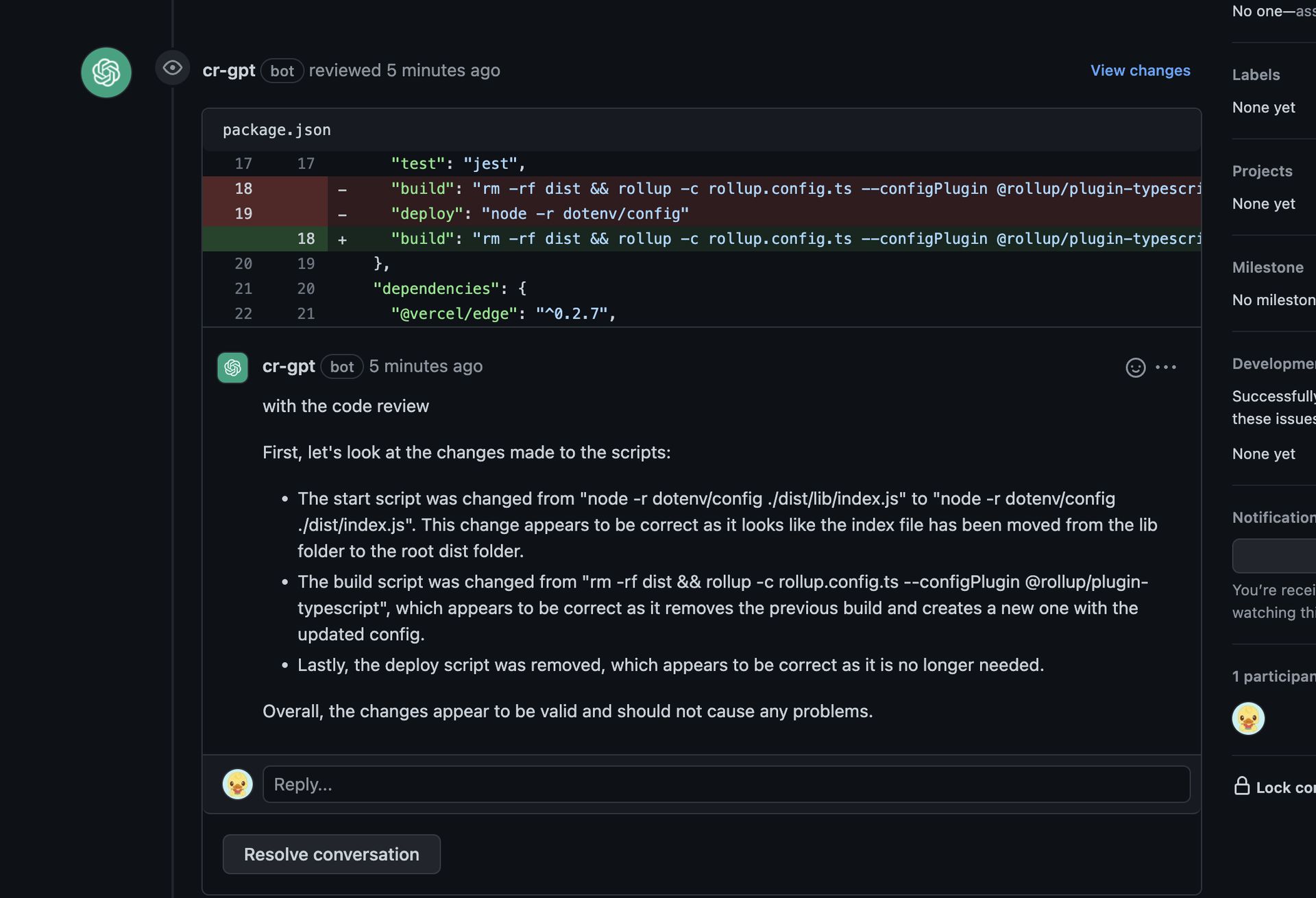
OpenAI’s ChatGPT, though not primarily tailored for coding purposes, exhibits remarkable machine-learning capabilities that enable it to generate code across multiple programming languages. From Python to JavaScript, Swift, TypeScript, and beyond, ChatGPT effortlessly converts plain language prompts into functional code snippets. Its versatility makes it an accessible option, even for individuals without prior programming experience.
To use ChatGPT without any restrictions, check out the ChatGPT DAN prompt and other ways to jailbreak ChatGPT.
Advantages:
- Free to use, lowering barriers to entry
- Code generation across major programming languages
- Seamless translation of plain language into executable code
Drawbacks:
- Occasional production of imperfect or buggy code due to its broad application scope
Copilot GitHub: Embracing collective intelligence in code completion
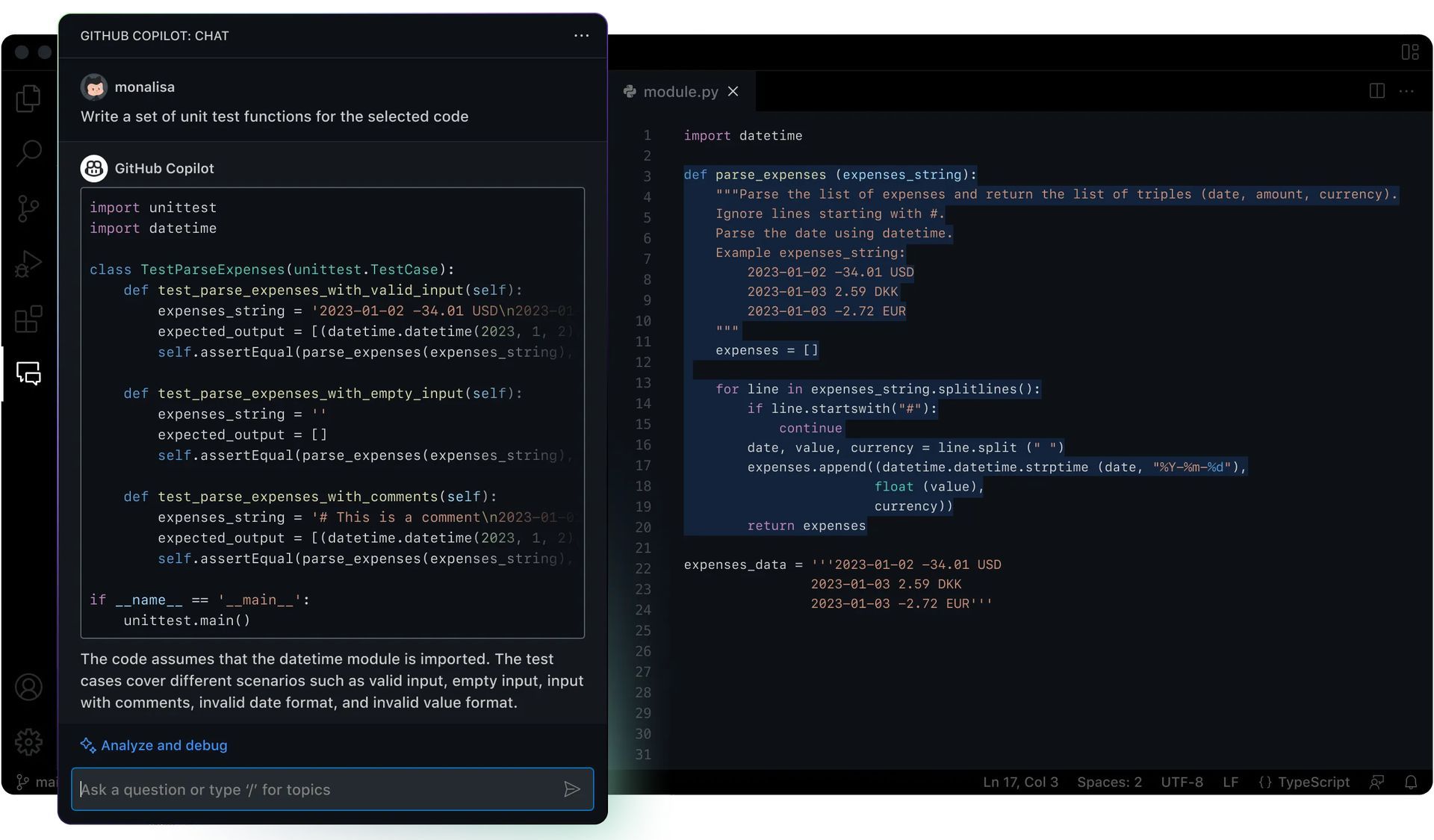
Leveraging OpenAI’s Codex model, Copilot GitHub emerges as a powerful AI-driven code-completion tool, drawing inspiration from the extensive repositories on GitHub. By tapping into this vast pool of code, Copilot GitHub provides context-aware suggestions, code completion options, and improvements, enabling programmers to optimize their coding workflow. This intelligent tool effortlessly transforms natural language prompts into invaluable coding suggestions spanning various programming languages.
If you’re not sure whether to use ChatGPT or Github Copilot, check out our article on a full comparison between GitHub Copilot vs ChatGPT.
Advantages:
- Utilizes the rich repositories of code on GitHub
- Seamless integration with popular code editors such as Visual Studio and JetBrains
- Built upon OpenAI’s state-of-the-art Codex model
Drawbacks:
- Requires a purchase after the conclusion of the free trial period
AlphaCode: Unleashing data-driven innovation in code generation
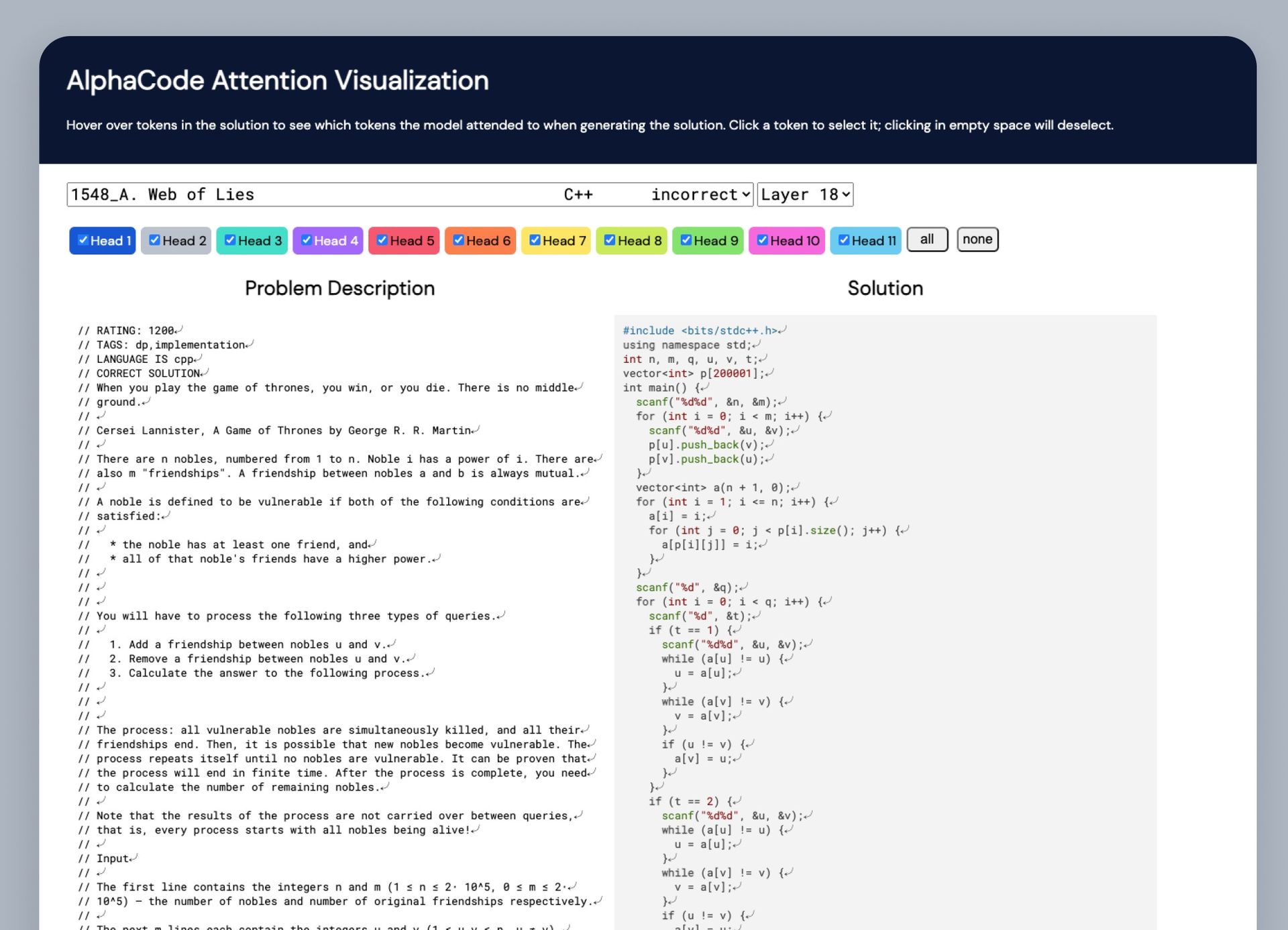
Developed by Google and DeepMind, AlphaCode represents a unique approach to code generation, empowering users with access to vast collections of pre-existing code libraries and repositories. Trained on competitive programming datasets and fueled by large language models, AlphaCode excels at generating, completing, and providing contextually relevant code suggestions. Its integration of plain language with data-driven methodologies enhances the overall coding experience.
Advantages:
- Ideal for code completion and correction tasks
- Exclusive training on competitive coding datasets
- Competes with human coders in programming contests
Drawbacks:
- May require a learning curve for developers to adapt to its unique workflow
Tabnine: Unleashing efficient code completion and prediction
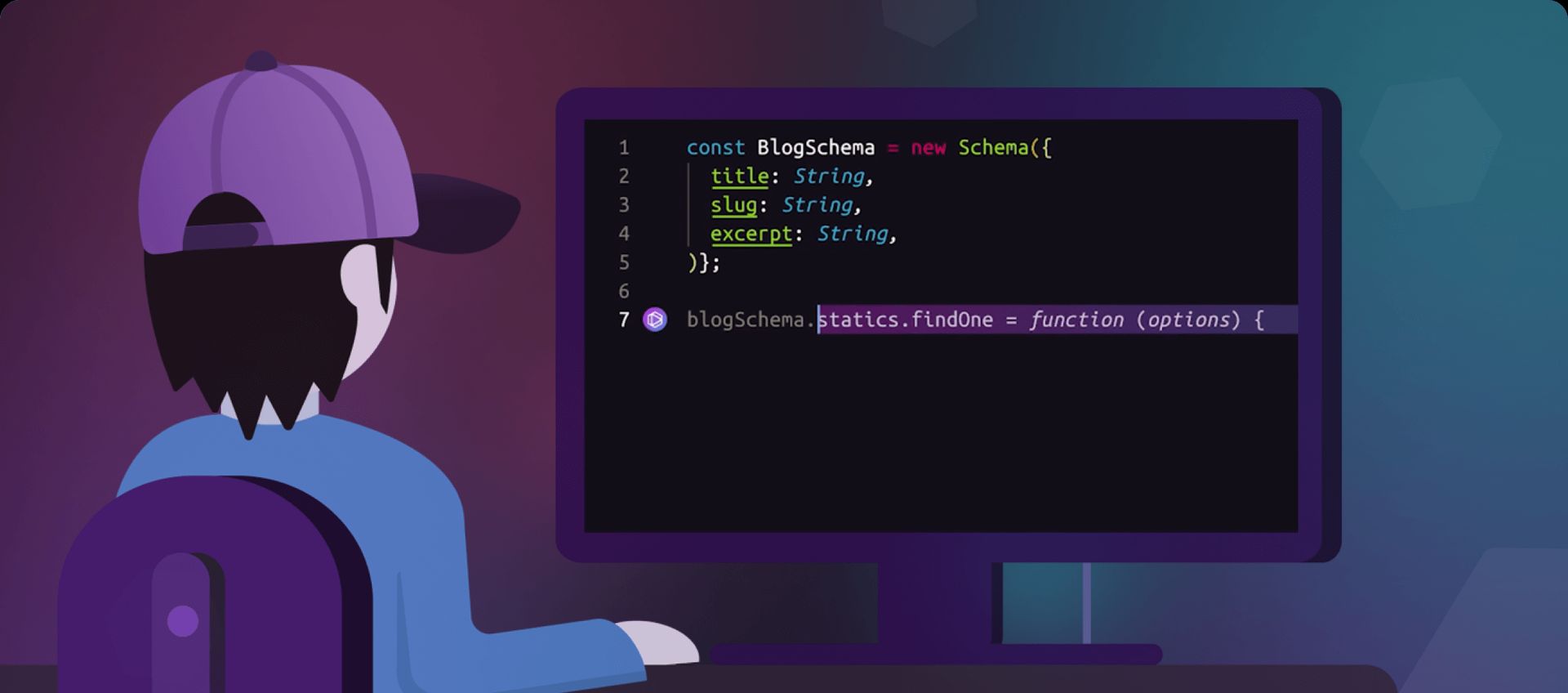
Tabnine shines as an AI-powered solution designed to overcome the challenges associated with code completion. Rather than generating code from scratch, Tabnine employs AI-based code prediction models to assist developers in overcoming common errors encountered when writing boilerplate code. It intelligently enhances code based on context and syntax, transforming developers into efficient and effective coders. Additionally, Tabnine’s continuous learning mechanism adapts to individual coding habits, providing increasingly accurate suggestions over time.
Advantages:
- Offers flexibility in local, server, or cloud-based usage
- AI-driven code completion that learns and adapts to coding habits
- Supports multiple popular programming languages
Drawbacks:
- The Pro plan may incur substantial costs
Amazon CodeWhisperer: Catalyzing swift application development
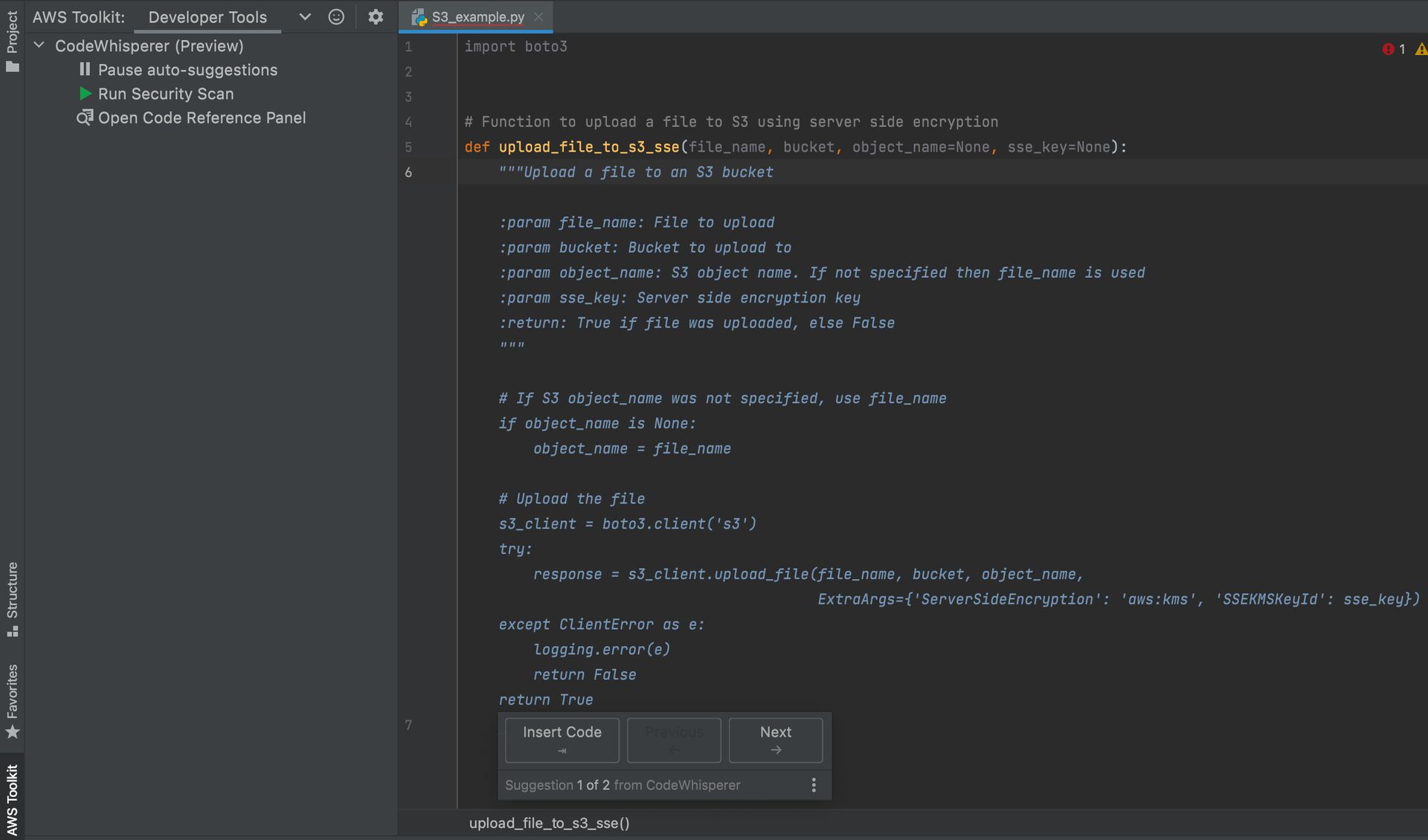
CodeWhisperer by Amazon stands as an AI-powered code completion tool aimed at expediting application development. Serving as an AI coding companion, CodeWhisperer suggests code snippets and functions, spanning from small fragments to fully-fledged components. This tool proves particularly beneficial when working with unfamiliar APIs, as it aids developers in quickly understanding and utilizing them. With support for 15 programming languages and seamless integration with major IDEs like Visual Studio Code and AWS Cloud9, CodeWhisperer offers a seamless coding experience for developers.
Advantages:
- Seamless integration with various AWS applications
- Accelerates app development, even with unfamiliar APIs
- Offers suggestions for code snippets and complete functions
Drawbacks:
- Limited IDE support outside of JetBrains and Visual Studio Code
CodeT5: Embracing open-source AI coding excellence
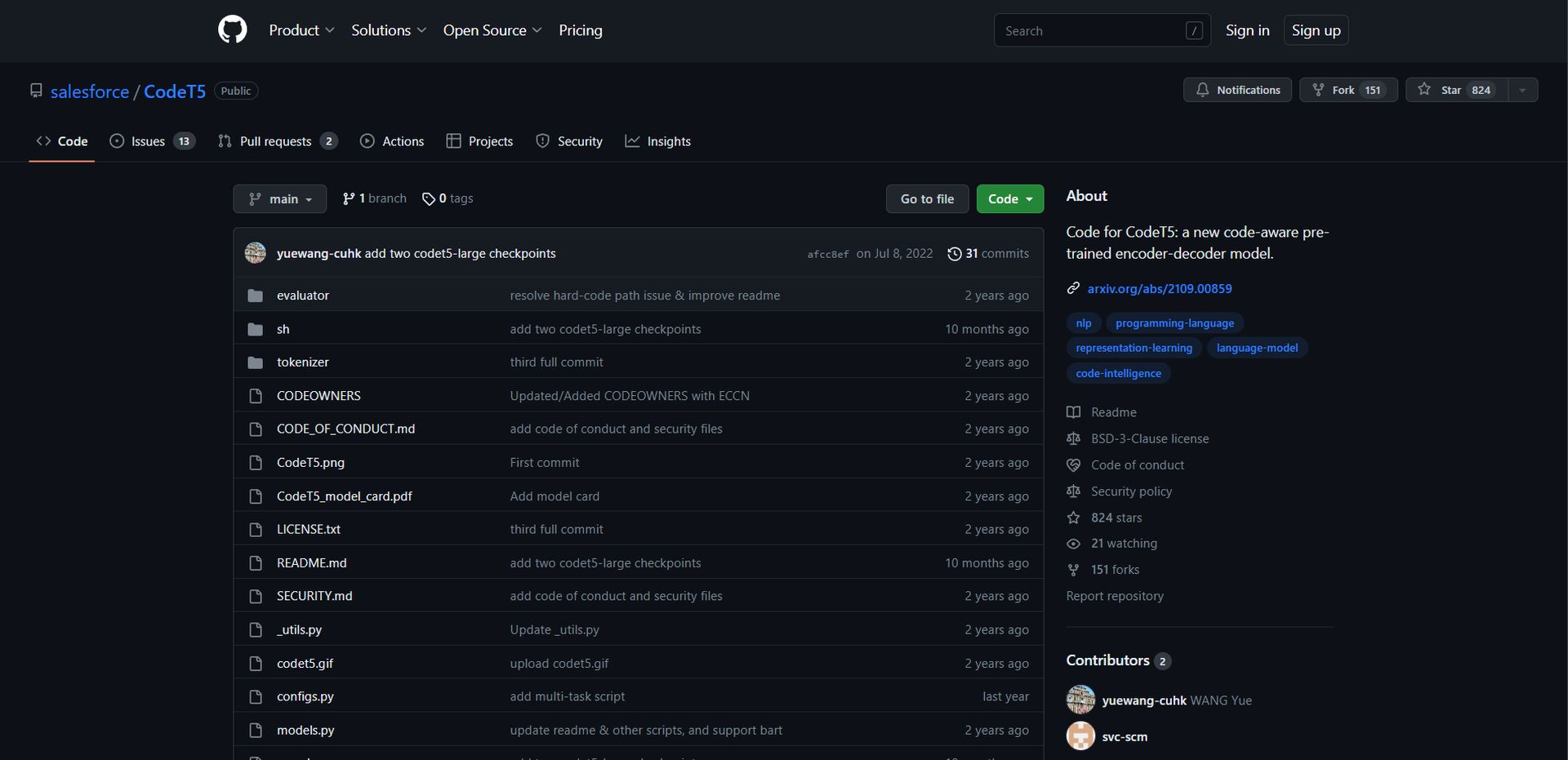
CodeT5 emerges as a formidable open-source alternative in the AI coding landscape, bringing forth a fresh perspective. Developed by Salesforce, CodeT5 builds upon Google’s T5 model, demonstrating an enhanced understanding of code. Trained on millions of code snippets from GitHub libraries, including user comments, CodeT5 excels at code completion, summarizing code functions, and generating code with plain language descriptions. With support for a variety of programming languages such as Python, JavaScript, Ruby, C, and C#, CodeT5 showcases its versatility.
Advantages:
- Utilizes a vast and diverse training dataset
- Supports a wide range of major programming languages
- Offers the advantage of local installation for enhanced data privacy
Drawbacks:
- Potential encoding of biases from comments within the training dataset
Polycoder: Accelerating code generation with open-source agility
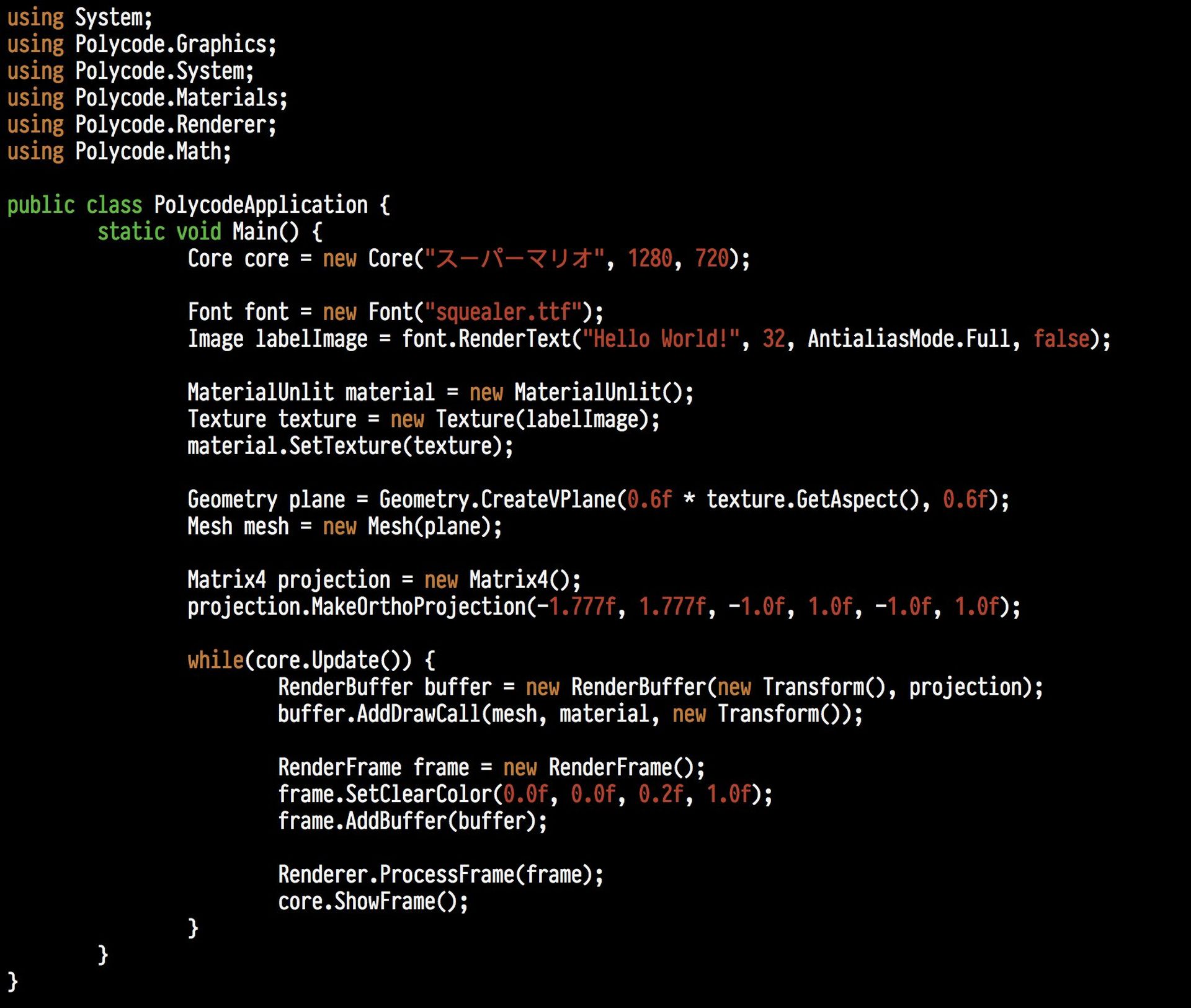
When it comes to swift and efficient coding, Polycoder emerges as a noteworthy open-source code generator that rivals its paid counterparts. Supporting the 12 most popular programming languages, Polycoder leverages cloned repositories for training purposes, encompassing both code and comments. While it may have some rough edges, Polycoder continues to evolve and serves as a valuable free AI tool for code generation and completion.
Advantages:
- Open-source and freely accessible
- Supports a wide range of programming languages
- Allows for offline usage, preserving privacy
Drawbacks:
- May lack the seamless user experience provided by other options
- Potential issues with tokenization and application, occasionally generating new files randomly after completing the current task
Selecting the ideal AI Code writer for specific needs
Each AI programming tool discussed above offers unique advantages, catering to different coding requirements. Consider the following recommendations based on specific needs:
- For accelerated speed: Amazon CodeWhisperer and Polycoder excel in providing swift coding experiences.
- For general-purpose coding: OpenAI’s ChatGPT offers versatility across various programming tasks.
- For code completion: Tabnine provides robust code completion capabilities, streamlining coding workflows.
- For extensive data repositories and language support: AlphaCode and Copilot GitHub leverage vast code repositories, offering a wide range of suggestions.
In addition to the highlighted AI Code writer, there are other options available that developers may find valuable. DeepCode, AIXcoder, and CodeWP are noteworthy alternatives that integrate GitHub libraries, provide code completion, and support multiple programming languages. While these tools present additional possibilities, it’s important to note that they may have limitations, such as slower performance or limited suitability for complex projects.
The fusion of artificial intelligence with programming has ushered in a new era of efficiency and productivity. The AI tools discussed in this article, including OpenAI’s ChatGPT, Copilot GitHub, and CodeT5, exemplify the immense potential of AI in transforming the coding landscape. By leveraging these tools, developers can amplify their productivity, enhance code quality, and unlock new realms of coding possibilities. While AI will never replace human programmers, it serves as a powerful ally, augmenting their skills and propelling them toward greater success in the dynamic world of coding.





